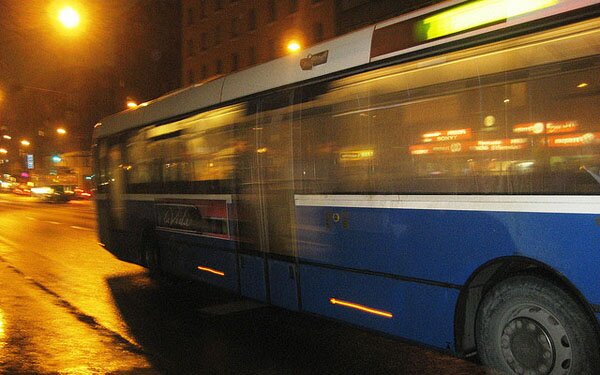In many rural communities transport conditions are precarious, making it impossible for its inhabitants to have access to large centers, and consequently to basic services such as hospitals and schools.
Bioethanol acquires a social role once it can power cars, motorbikes and buses for public transportation, ensuring every citizen’s right to come and go. Locally cultivated feedstocks, through community action, also contributes to a low-cost, highly productive and sustainable cycle.
In communities lacking ideal medical assistance or availability of medicines, Bioethanol acts as a vector for social logistics when it comes to powering mobile health units or ambulances for both patient and medicine transportation.

